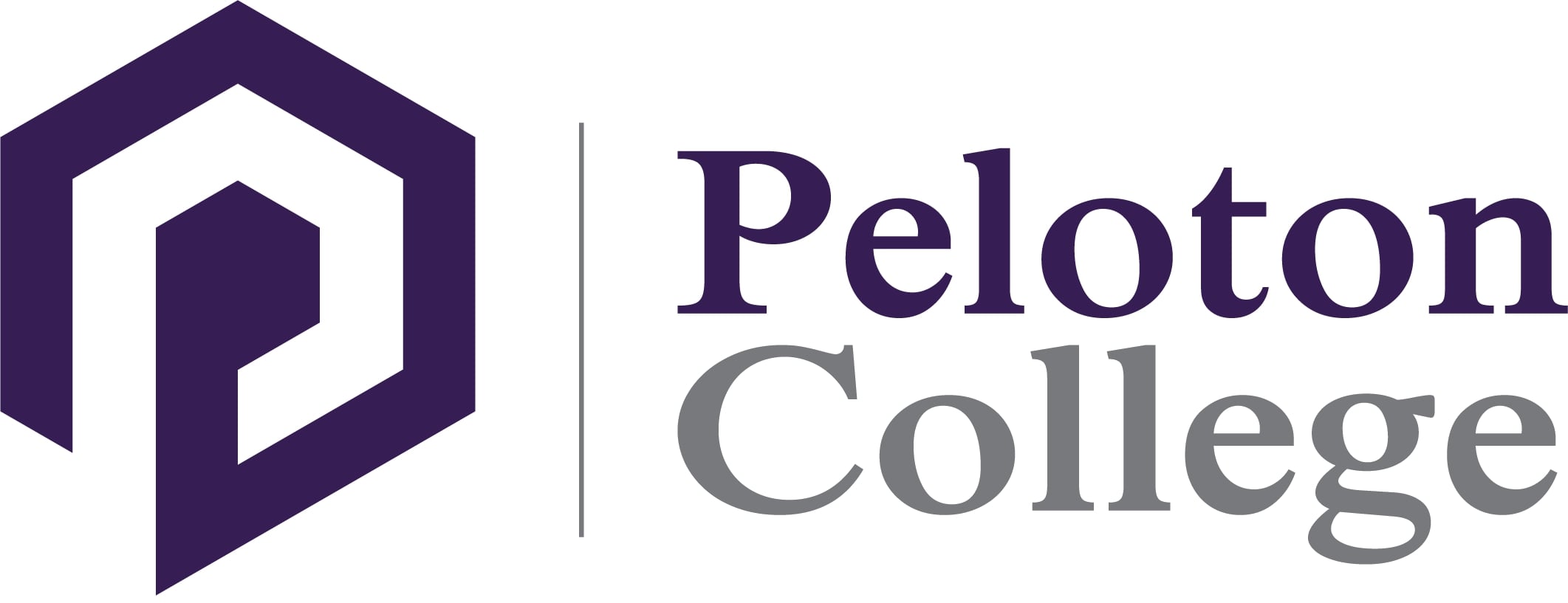Can a Beginner Learn Cybersecurity?

Are you interested in becoming a cybersecurity specialist? Not sure if you can learn as a beginner? Anyone with the passion for information technology can learn cybersecurity, even cybersecurity beginners. So, let’s look at what cybersecurity is and how you can learn cybersecurity as a beginner.
What is Cybersecurity?
A branch of information technology, cybersecurity involves the identification of vulnerabilities and protection of computer systems and networks from malicious actors. Whether it is protecting a network from a botnet attack or identifying a vulnerability with a penetration test, cybersecurity allows beginners to learn about computer security and build a knowledge base that will serve them well as a cybersecurity specialist.
Network Security – technologies that protect the usability and integrity of a company’s network infrastructure by preventing external hackers from confidential information and important hardware and software assets. Some network security protocols include firewalls, penetration testing, virus software, password protection, and spyware.
Cloud Security – a collection of procedures and technologies that address external and internal threats to business security. Cloud security is most useful when organizations implement cloud-based tools and services. This can include cloud storage, subscription-based software, cloud backup services and other tools that support the security of cloud infrastructure.
Internet of Things (IoT) Security – every chip in every electronic device, vehicle, or refrigerator is connected to the Internet of Things (IoT). These connected internet-enabled devices are vulnerable to threats and breaches. The cybersecurity specialist is responsible for protecting, identifying, and monitoring risks that can pose security threats to business hardware and software. That means that any device with a chip, which is connected to the Internet, can be hacked.
Self-Taught vs Formal Education Cybersecurity
You may think it is a good idea to learn all about cybersecurity through YouTube videos. While they are good to learn the basics of the craft, some of the more advanced YouTube videos may be outdated or offer inferior solutions to cybersecurity problems. It is important for beginners not to form any bad habits or learn outdated tactics. This is where a formal education in cybersecurity comes in.
Peloton College offers an Associate of Applied Science degree in Cybersecurity designed to teach you the skills for entry-level employment in the cybersecurity industry. The core training begins with fundamental courses in IT, networking, cybersecurity, and Linux to create a foundation upon which you will build knowledge and skills in ethical hacking and penetration testing, network defense & countermeasures, incident response & digital forensics, cybersecurity operations, and cybersecurity programs & policies.
Information Technology – the use of any computer, storage, network infrastructure, or physical device for creating, storing, networking, securing, retrieving, and sending electronic data.
Networking – transporting and exchanging data between network nodes over a shared infrastructure, whether within an intranet of one organization or over the Internet around the world. Two basic network types include local-area networks (LANs) and wide-area networks (WANs).
Linux – an open-source operating system that powers Android. It directly manages a system’s hardware, resources, memory, and storage.
Ethical Hacking – hacking that is authorized by the website or network owner to identify vulnerabilities before black hat hackers do. The ethical hacker will identify any ways an unauthorized access of a computer or network can benefit a malicious actor.
Penetration Testing – a simulation of a cyber-attack against a computer or network to identify exploitable vulnerabilities. The pen tester will use tools, techniques, and processes that malicious attackers may use to get unauthorized access.
Network Defense and Countermeasures – actions taken to defend against unauthorized activity within a network. Some defenses and countermeasures include firewalls, VPNs, and password protocols.
Incident Response – an organized approach to managing a cyberattack and assess the damage done to the system. The best way to handle an incident response is to limit the damage and reduce the time and cost of recovery.
Digital Forensics – the collection, processing, preservation, and analysis of computer-related evidence after a cyber-attack. The digital forensics specialist will go deep into the computer, network, or device to identify evidence of criminal activity.
Do I Need to Know Coding to Be A Cybersecurity Specialist?
Although coding is not required to become an entry-level cybersecurity specialist, it is important to understand HTML, CSS, and JavaScript. These programming languages will come in handy when reading coding as a beginner cybersecurity specialist. Some organizations will take the time to teach you how to code so you can identify more vulnerabilities to safeguard networks and websites.
HTML – Hypertext Markup Language is a standardized system for tagging text files. These HTML tags help render a font, color, graphic, or hyperlink to the Internet.
CSS – Cascading Style Sheets, accompanies HTML to manage the layout of a web page. CSS adds style to a web page by telling the browser how to display the HTML.
JavaScript – a scripting language that allows for dynamically updated content, multimedia, animation, and other dynamic elements rendered on a web page.
Which Languages are used in Cybersecurity?
More advanced cybersecurity will take advantage of different programming languages like Java, JavaScript, Python, SQL, PHP, PowerShell, and C. Understanding theses programming languages will help you use cybersecurity tools like SQL injections.
Java – a programming language and computing platform designed to run on many devices like computers, notebooks, mobile devices, and gaming consoles. The rules and syntax of Java are based on the C and C++ programming languages.
Python – programming language used to build websites and software, allowing the webmaster to automate tasks and conduct data analysis.
SQL – Structured Query Language allows users to access and manipulate databases. With SQL, you can store, retrieve, manage, and manipulate data within a database management system.
PHP – Hypertext Preprocessor, an open-source scripting language used for web development, including graphical user interfaces (GUIs).
PowerShell – a cross-platform task automation and configuration solution made up of command-line shell and associated scripting language.
C – a general-purpose computer programming language, designed to develop firmware or portable applications.
Final Thoughts
As a beginner, all you need to start with is a passion for computers and the drive to learn, and Peloton College will supply the rest. We offer a degree in cybersecurity to start you on the road to a career in ethical hacking and cybersecurity. From there, the sky is the limit.
Want to Learn More?
The Associate of Applied Science in Cybersecurity training program prepares and supports you in obtaining several certifications in support of their cybersecurity career including CompTIA’s A+, Network+, Security+, Linux+, Pentest, & CySA+. AAS in Cybersecurity training program graduates will typically qualify for entry-level employment in roles such as Information Security Analysts and Computer Network Support Specialists.
The mission of Peloton College is to be the premier provider of hands-on training and education by providing you with the necessary skills to secure occupational careers. Contact us today to learn more.



